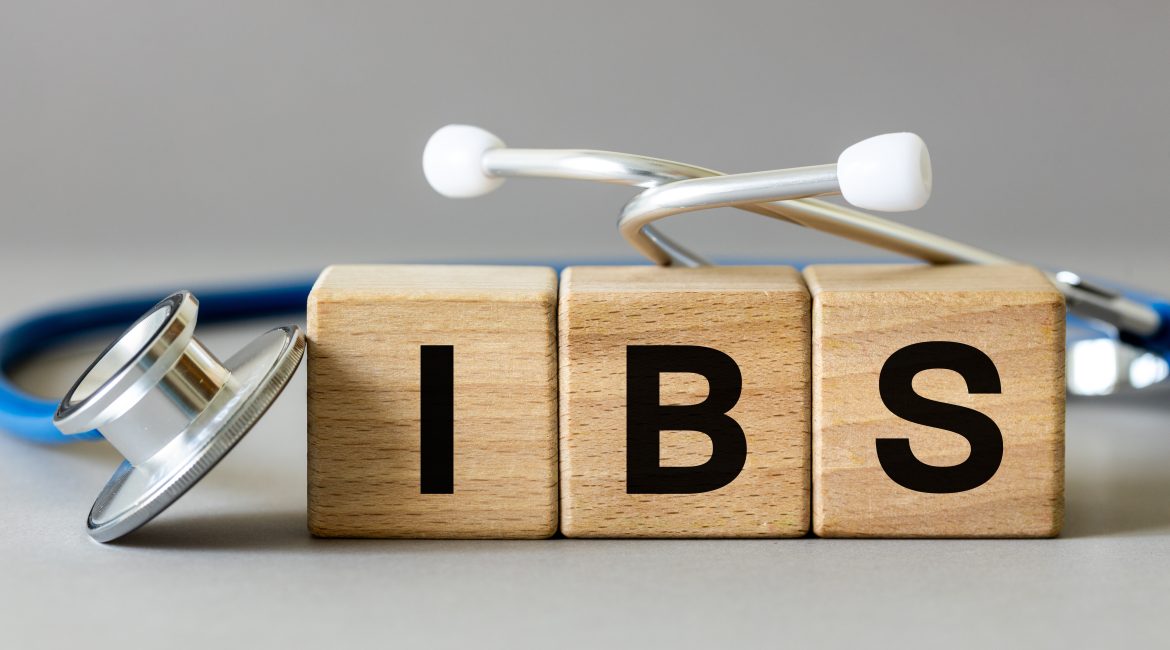Here’s everything you need to know about the common gut disorder
Irritable Bowel Syndrome is known as a functional gut disorder. This is because when the various tests such as a colonoscopy (that’s where they get an inside view of your gut using a camera inserted through your rear end – not exactly a pleasant thing to go through), there are no obvious signs such as ulcers or inflammation found in the gut. Because of this, your doctor is only likely to diagnose IBS when he or she has ruled out any other gut issues.
Discover: 7 Non-Negotiable Health Checks to Have in 2024
Tell me more about Irritable Bowel Syndrome
IBS can sometimes be misdiagnosed as colitis, spastic colon or inflammatory bowel disease, it’s because all of these diseases have the symptoms of an irritable bowel. IBS is one of the most common gut disorders in the world today.
When you have a bowel movement, the muscles in your bowel will contract, and for most people, this can happen once a day (or more). Doctors believe that people with Irritable Bowel Syndrome have very sensitive muscles in their bowels and when they are exposed to certain stressors or foods, this can cause the contractions and symptoms associated with the condition.
Someone with Irritable Bowel Syndrome may experience pain, bloating, diarrhoea and even constipation. Doctors are still not sure what causes IBS. This makes it difficult to diagnose and treat.
What are the symptoms of IBS?
- Feeling gassy
- Abdominal pain
- Feeling bloated
- Feeling unwell and nauseous
- Vomiting
- Having mucus in your stool
- Diarrhoea
The cramps are sometimes relieved by having a bowel movement, but some people may suffer from cramps and be constipated instead of suffering from diarrhoea. How serious the Irritable Bowel Syndrome symptoms can vary from person to person. It might be mildly annoying or extremely painful where you feel like you can’t even move.
Related: 6 Symptoms of Poor Gut Health (Plus how to improve it)
Diet and IBS
A number of people with IBS have said that they suffer from the symptoms soon after eating or even during meals. Caffeine, sugar, alcohol, fatty foods and some gas-producing foods such as beans or broccoli are all things that often trigger the symptoms. It can often be difficult to track down what exactly foods cause the issues.
But not every person will have symptoms after eating the same foods, symptoms can come and go after eating certain foods and can be quite unpredictable. It might be a good idea to keep a good diary and make a note of what cause the symptoms and what doesn’t. Try to start with a bland diet of foods you know don’t trigger any symptoms and then gradually add in other foods each day and see how you react.
Fibre and IBS
If you are constipated, then your doctor might prescribe fibre supplements or laxatives. Fibre supplements are great for both diarrhoea and constipation. The way these supplements work is by bulking up your stool in the cases of diarrhoea and this can help to pass stool when constipated.
Using laxatives too frequently can result in your gut depending on them to pass stool, so make sure you only use these under the supervision of your doctor. Eating fibre in your diet is also a great way to help ease the symptoms. Wholegrain breakfast cereals, whole grain bread and oats, wholewheat pasta, barley and rye, potatoes, beans and fruits such as berries are all good sources of fibre.
The treatment for Irritable Bowel Syndrome
The treatment for the condition is mainly focused on changes in diet and lifestyle and some medications to ease the symptoms. Probiotics are also used in combination with other drugs prescribed to you by your doctor.
Changes to your lifestyle with IBS
It might help to eat smaller meals to help prevent cramping and bloating, instead of eating 3 big meals a day, have 5 smaller meals. Exercise, cutting out caffeine and alcohol and drinking plenty of water will help with the symptoms. Try meditation, breathing techniques and yoga for stress relief – stress has been linked to making the symptoms of IBS worse!
More and more research is being done on Irritable Bowel Syndrome every day which helps with the forms of treatment available – which is great news! If you are someone who is suffering from IBS, then make sure you have health insurance which covers you for visits to the doctor and has amazing hospital benefits too! If you have health insurance with Oneplan, we pay you BEFORE you see the doctor of your choice!
Your Health Insurance Family,
Oneplan




